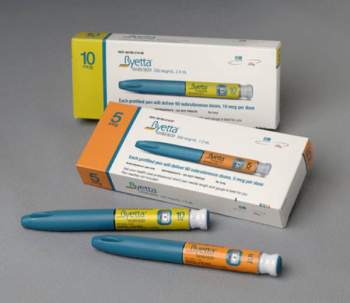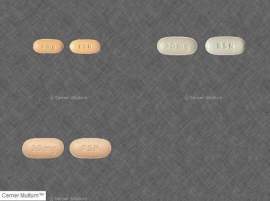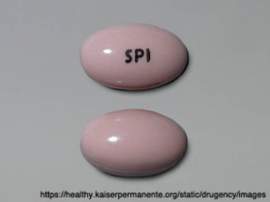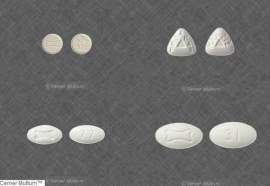
Byetta Lawsuit

A Brief Guide to Filing a Byetta Lawsuit
Byetta Side Effects and the FDA:
In 2005, the FDA approved the prescription medication, Byetta, for the purpose of treating type 2 diabetes. Following the drug's introduction to the market, concerns developed concerning Byetta side effects, particularly an increase in the risk of developing pancreatitis. In 2007, the FDA responded to reports of 30 incidents of pancreatitis by adding a warning label to document the risks associated with this Byetta side effect.
Left untreated, pancreatitis can be fatal. Patients should be aware that unexplained and serious abdominal pain is an indication that such Byetta side effects may be taking place.
In 2010, the FDA warned that studies concerning a similar medication, Victoza, presented a risk of developing thyroid cancer. Manufacturer Eli Lilly, in response to FDA pressure, has committed to animal tests to further study the possibility of such Byetta side effects. Currently, another version of the medication--intended for weekly rather than daily use (known as Bydureaon)—is met with the FDA's strongest possible warning.
The United States Food and Drug Administration acted on new safety information regarding possible kidney problems—including kidney failure—for patients using Byetta. From Arpil of 2005 through October of 2008, the FDA received 78 reports of kidney malfunctions in patients using the drug. Patients experiencing any adverse reactions or Byetta side effects are strongly urged to consult with their medical doctors.
Byetta Famous Lawsuits:
In 2008, the first notable Byetta lawsuit concerning adverse effects was filed by a man who had developed pancreatitis after being treated with the drug. The legal action proceeded on the grounds that the warning label did not specifically elaborate the risk of developing pancreatitis as a result of Byetta use. No public record has been filed documenting a settlement; that being said, the drug continued to face legal action as four deaths were reported to the FDA involving Byetta.
Given that no prominent Byetta lawsuit settlement has been made public, it is difficult to estimate the chances of success regarding litigation efforts. If further studies demonstrate that Byetta side effects include a definite link with an increased risk of thyroid cancer, patients who develop this condition may have grounds to seek compensation. A Byetta lawsuit in this fashion would proceed on the grounds that Eli Lilly brought marketed the drug without first testing it to ensure safety.
Byetta Side Effects:
People with serious digestive disorders are likely to experience unpleasant Byetta side effects, such as nausea and diarrhea. While unpleasant, such occurrences do not constitute grounds for a Byetta lawsuit. Physicians should question patients about their current intake regimen, since Byetta side effects can delay the effectiveness of other medications.
In addition to the aforementioned side effects, Byetta may yield the following adverse reactions:
Common Byetta Side Effects:
• Nausea (found in 44 percent of patients)
• Low blood sugar (up to 35.7 percent if used in conjunction with other diabetes drugs)
• Diarrhea/Vomiting (up to 13 percent)
• Dizziness (up to 9 percent)
• Headache (up to 9 percent)
Other Byetta side effects include: increased sweating, decreased appetite, weakness and gastroesophageal reflux disease
It is impossible at this time to determine what an attorney will say when evaluating your case. While you should consult with a lawyer if you experience thyroid cancer or pancreatitis, they may conclude you cannot demonstrate a strong link between your treatment and these adverse effects justifying a Byetta lawsuit.
Sources:
1. http://www.fda.gov/Drugs/DrugSafety/PostmarketDrugSafetyInformationforPatientsandProviders/ucm113705.htm
2. FDA: Byetta Label Revised to Include Safety Information on Possible Kidney Problems retrieved from:
http://www.fda.gov/NewsEvents/Newsroom/PressAnnouncements/ucm188708.html
3. United States National Library of Medicine “Exenatide Injection” retrieved from:
http://www.ncbi.nlm.nih.gov/pubmedhealth/PMH0000317/
4. http://www.fda.gov/Drugs/DrugSafety/PostmarketDrugSafetyInformationforPatientsandProviders/ucm113705.htm



















